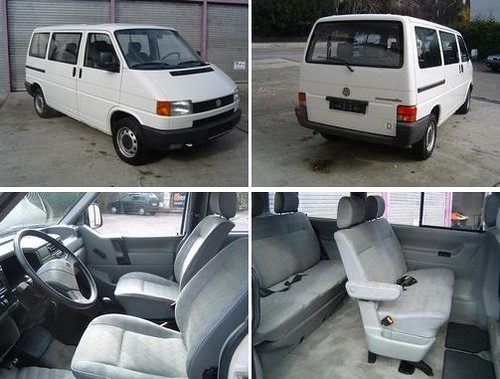Well where to start on this contentious topic? Having come from the progressive education system in Australia and taking it for granted I have found German schools not wholly to my liking. Why you may ask?
The first surprise: school is only a half day, starting at roughly 8 o’clock and finishing somewhere between 11:30am and 1:30pm. This makes arranging one’s errands a little challenging as most of the shops and offices do not open until 9:30 but children may be home from school as early as 11:30. Furthermore this means the children leave for school in the winter while it is still dark and freezing.
Next point. Because they are only at school for half a day, they are expected to do large quantities of homework. Which means I have the pleasure, first of all, of convincing them to do it — I guess I’d have to do this in Australia anyway — and secondly of attempting to assist them without a good knowledge of German. Much less emphasis was placed on homework at the children’s last school (all were in primary school) in Australia. Of course, I realise the boys are at high school now but the German education system seems to go from the sublime (children starting school at 6 or even 7 years old) to the ridiculous (classifying the children into a secondary school at the age of 10). You should be aware that there are four levels of secondary school each aimed at a particular outcome. So students at the Gymnasium are on the track to university while attendees at the Realschule are anticipated to be skilled but not professional workers. In our case, Mara is in her final year at the Grundschule (primary school) and we are in the process of discussing with her teacher where she should be going for the remainder of her education life.
The schools have no program to assist non-Deutsch speaking children and most of Joshua’s teachers put it all in the too-hard basket last school year. So there was almost no help for Josh to learn German or understand the work but this year (only two months later!) they expect him to complete all the work and have sent home notes about failure to do homework. All children here start English as a second language in 3rd grade. Interestingly, despite being native English speakers our children and many other bi-lingual (in English) children I know only seem to get average to slightly above average grades in English as a subject. This is largely due to the emphasis being on grammar and not so much usage and fluency.
German teachers, on the whole, are an antique breed — lacking in flexibility, unable to cater to children that are different and placing unrealistic expectations and demands. This last point includes such things as ‘You must have this book by tomorrow’ or ‘You must have your bike at school tomorrow’ and that is the first you hear of it. I have found this demonstrates that they sometimes seem to be living in a world that they think revolves around them. While I have no problem getting books and bikes to school for my children asking for it within less than 24 hours is just not always possible.
The teachers hand out a lot of loose leaf papers for work and are obsessed with having them all neatly filed in 8 or 9 different colours ‘schnellhefters’ (the plastic loose-leaf binder type folders with fold-down metal prongs). Two of our close German friends — who have also both spent time in North America — agree that German teachers are, on the whole, over-paid, lazy and self-important. Here endeth the rant. Stay tuned for our blog on Prague.


